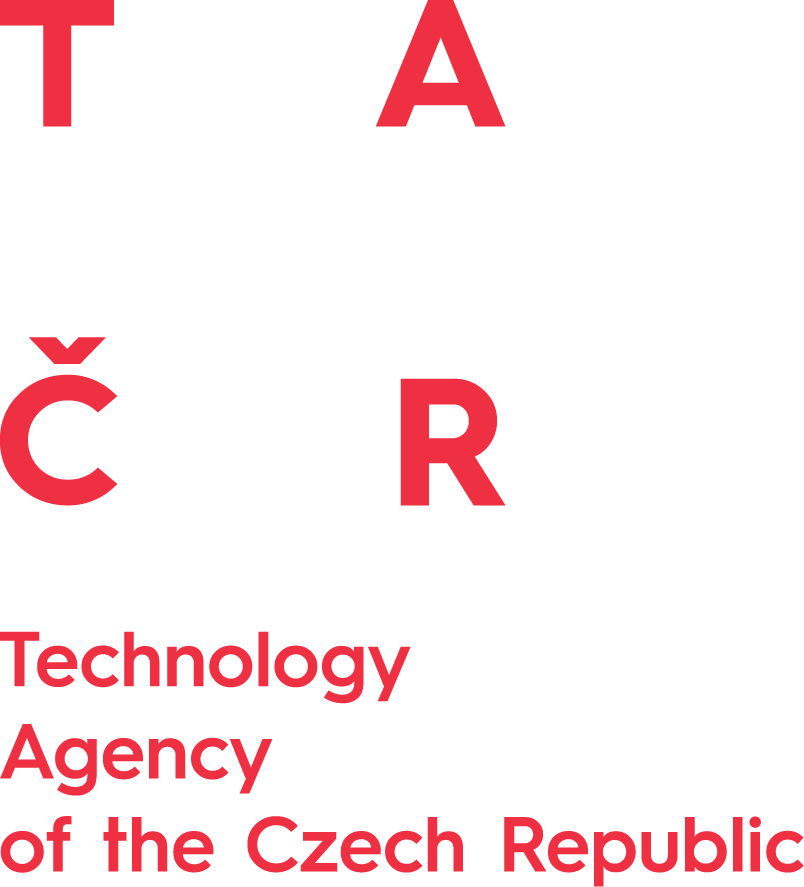
RNDr. Martin Laštovička
Incident Handler - CSIRT-MU

The course is designed to give IT administrators an insight into activities related to responding to cybersecurity threats and incidents. It introduces the role of a CSIRT team in an organization and describe its services and the steps taken to resolve a security incident. The course then continues with two lessons on preemptive measures the administrators can use to mitigate or lower the impact of cyber-attacks. The attendee will learn concepts of infrastructure protection on the network and system level and become familiar with the network segmentation, the firewalls, and end-hosts protection. He will also learn the phases of a penetration testing process, from interactions with client, to actual testing, to reporting. Finally, the lessons on network and system forensics give the insight on investigation of incidents. The system forensics covers the procedures of evidence gathering and investigation of filesystem and operating memory. The network forensics lesson provides knowledge of network operation, users, services, and their interactions to debug networking issues and to detect misbehavior, malicious traffic, and intruders.

Incident Handler - CSIRT-MU

Internal Security Auditor - CSIRT-MU
Sub-project TN01000077/8 CSIRT BootCamp implemented within the project TN01000077 The National Center of Competence for Cybersecurity is solved with the financial support of TA ČR.

